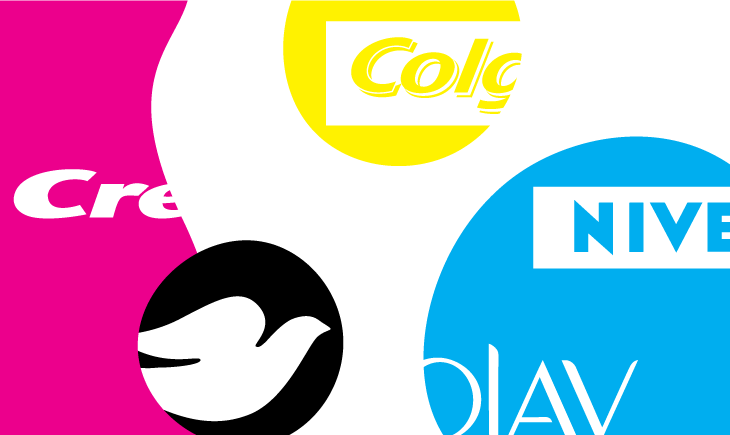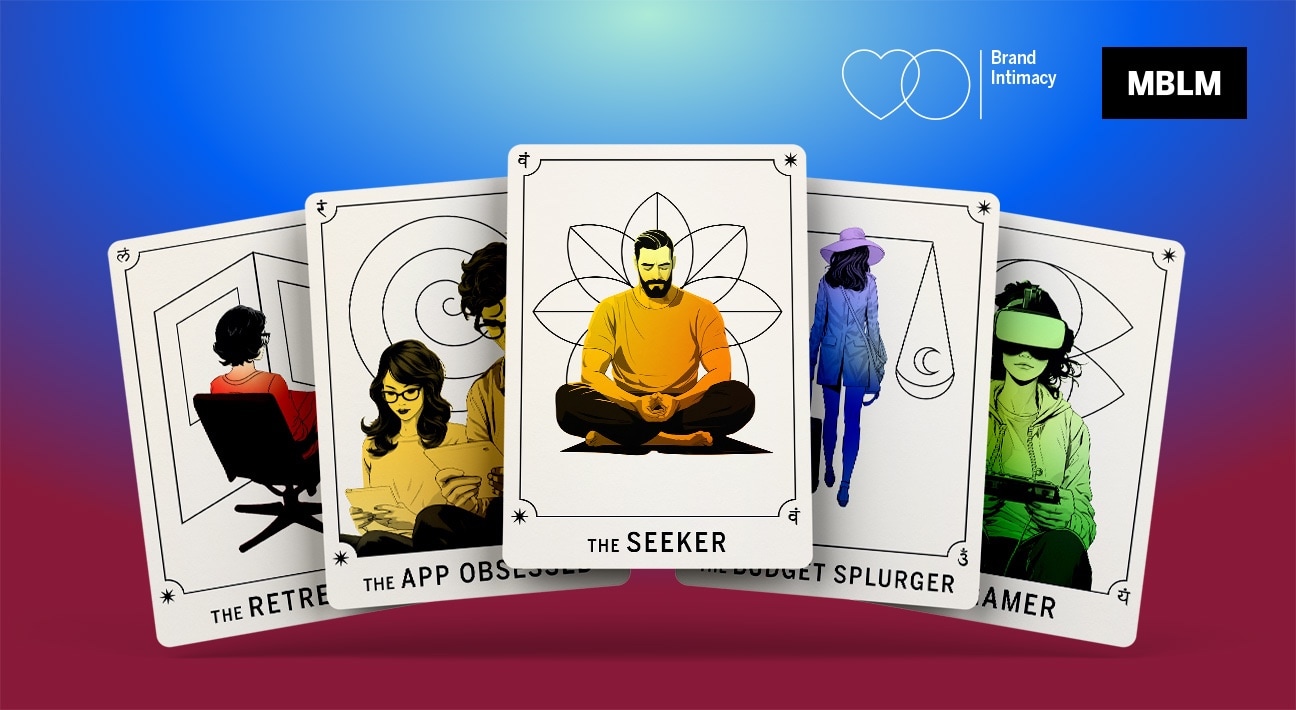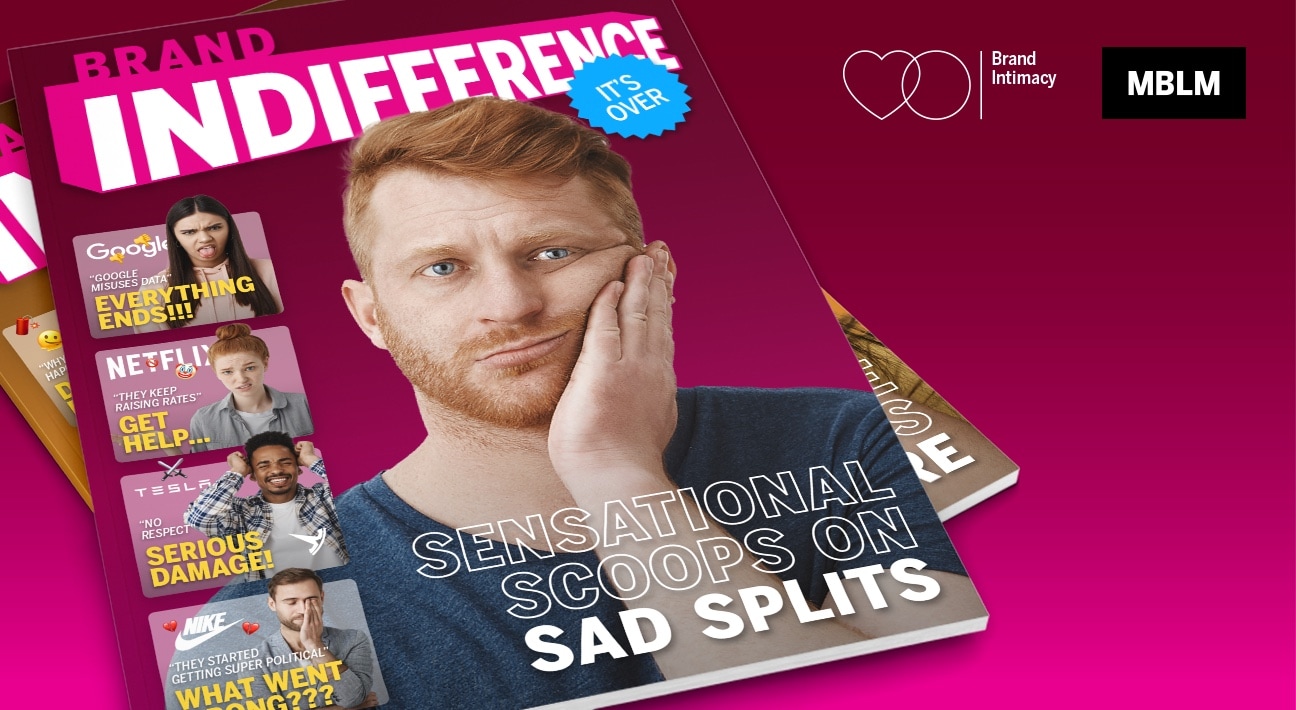Health & Hygiene Remains in the Middle of the Pack, Industry Again Placed Eighth out of 15 Analyzed in MBLM’s Brand Intimacy 2019 Study

The health & hygiene industry ranked eighth out of the 15 industries studied in MBLM’s Brand Intimacy 2019 Study, which is the largest study of brands based on emotions. Dove topped the industry followed by Olay and Crest. The top 10 for the health & hygiene industry was rounded out by: Nivea, Colgate, Ivory, Head & Shoulders, Listerine, Pantene and Gillette. Brand Intimacy is defined as the emotional science that measures the bonds we form with the brands we use and love.
Top intimate brand outperformed the top brands in the Fortune 500 and S&P indices in both revenue and profit over the past 10 years, according to the Brand Intimacy 2019 Study. The average revenue growth from 2008-2017 was 8.68 percent for the top 10 most intimate brands, compared to 3.66 percent for Fortune 500 top brands and 4.75 percent for top S&P companies. In dollar value, this translates on average to the top 10 intimate brands having $37 billion more in total revenue over a 10-year period compared to the Fortune 500.
“While improving its performance slightly, health & hygiene continues to be an industry that could do a much stronger job leveraging the power of emotion,” stated Mario Natarelli, managing partner, MBLM. “These brands, which are personal and intimate by nature, are failing to fully leverage their potential and continue to fall short on performance. We believe archetypes, or the characteristics of how we bond with brands, is a great starting point for brands like these aiming to create stronger bonds with their customers.”
MBLM’s study also revealed additional insights about the health & hygiene industry including:
- While the industry retained its eighth spot in the study, its average Brand Intimacy Quotient rose from 3 in 2018 to 29.6 in 2019
- Dove was the top brand among millennials, women and users earning less than $100,000
- Dove increased its Brand Intimacy Quotient from 34.7 in 2018 to 44.7 in 2019
- Olay ranked first for users aged 35 and older
- Colgate placed first among men and users earning $100,000 or more
- Scope, which ranked third in last year’s study, did not place in the top 10 this year
The top ranking company in the industry, Dove, is a clear leader and is relating to its customers in new and innovative ways. Earlier in 2019, the brand launched its #ShowUs initiative in partnership with Girlgaze and Getty Images. This project is “the world’s largest photo library created by women and non-binary individuals to shatter beauty stereotypes.” Unilever, the parent company of Dove, reported a 3.1% growth in sales in 2018.
In addition to the findings, MBLM also released a new article entitled, “Dove Flies to First Place,” which explores the brand’s strong performance. In moving to first place in 2019, Dove improved its Brand Intimacy Quotient score by 10 points. Its percentage of users in the fusing stage, when a consumer and a brand become inexorably linked and co-identified, grew from five to seven percent. Dove has worked hard to differentiate itself from its competitors, marketing less around its products and more around consumers and emotional stories. The brand also continues to focus its brand and story on empowering women. It also perfoms well in ritual, with 60 percent of its customers saying they use Dove daily. If Dove continues to leverage the emotional and positive aspects of beauty through its branding, it will likely maintain its top position and improve upon it in the future.
The Brand Intimacy 2019 Study contains the most comprehensive rankings of brands based on emotion, analyzing the responses of 6,200 consumers and 56,000 brand evaluations across 15 industries in the U.S., Mexico and UAE. MBLM’s reports and Data Dashboard, which features a brand ranking tool, showcase the performance of almost 400 brands, revealing the characteristics and intensity of the consumer bonds.
To view health & hygiene platforms industry findings, please click here. MBLM also hosted a webinar on the industry, a recording of it can be found here. Additionally, MBLM offers Custom Dashboards for brands included in its annual Brand Intimacy Study. To download the full Brand Intimacy 2019 Study or explore the Data Dashboard click here.

